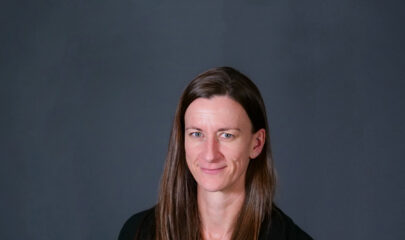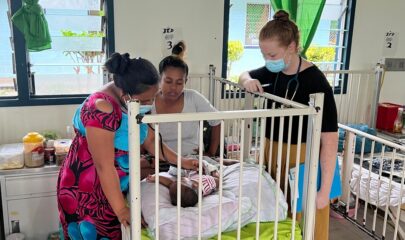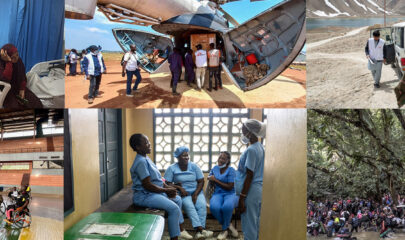Doctors Without Borders/Médecins Sans Frontières (MSF) teams working in more than 70 countries have often struggled to respond both to the direct consequences of COVID-19 and other medical emergencies, while dealing with restrictions on travel and impacts on availability of essential medical supplies.
Since it was first declared a pandemic in March 2020, the new coronavirus has cost millions of lives. At the same time, it has affected people’s ability to access essential health services. In many places, the devastating secondary effects of the pandemic have left people without lifesaving assistance. Venezuela is one such country, where people are facing immense challenges as they try to access basic healthcare.
A STRUGGLING HEALTH SYSTEM
In a country where the health system has all but collapsed, COVID-19 has prevented even more people from accessing medical care, whether for chronic diseases or for emergency care for their children.
In the capital, Caracas, MSF’s project for survivors of sexual violence in Vargas hospital had to scale back its services after half of its staff were reassigned to the COVID-19 response. Many of MSF’s patients have been unable to reach the hospital due to travel restrictions. Despite the obstacles, the reduced team has worked around the clock to support patients in every way they can.

Yamilette Tirado is a single mother with four children who came to Vargas hospital. For months she had pains in her hips that prevented her from going out to work. Despite her medical needs, she was turned away from a number of hospitals, all of which were prioritizing COVID-19 patients.
When Alberto Martinez’s four-year-old son, who is asthmatic, required urgent medical assistance, his father was unable to find a medical facility open to patients with conditions other than COVID-19.
Dulce Herrera is a medical specialist at MSF’s project for survivors of sexual violence in Vargas hospital. Her workload changed dramatically when COVID-19 hit the country and MSF was forced to rethink how it could continue to support patients.
“Over half our sexual violence team was reassigned to deal with the pandemic,” says Herrera. She and her colleagues continued to answer calls from patients who couldn’t get to the hospital because of transportation, money or travel restrictions, and to be there in person for survivors who came in for care.
MSF’S SUPPORT IN VENEZUELA
MSF’s current work includes assisting with medical supplies and staff recruitment, as well as strengthening triage, diagnosis, treatment, infection control and supporting healthcare services in projects in Amazonas, Anzoátegui, Bolívar, Sucre, Táchira and Caracas. In Vargas hospital in Caracas, MSF maintains 24 beds, including a four-patient intensive care unit.
VACCINE INEQUITIES
The COVID-19 pandemic has underscored some of the world’s most persistent health inequities, especially when it comes to vaccines.
Our dependence on a profit-driven global medical research and development system has caused wealthy countries to compete against one another for vaccine doses, while lower-income countries are left behind.
This must change. That’s why MSF is calling for a new approach to medical R&D — starting here in Canada. Visit doctorswithoutborders.ca/lives-over-profits for more information.


